Vietnam: What are the 06 argumentation operations in writing argumentative essays? What are argumentation operations? What is the grade whose Language curriculum includes learning outcomes required for argumentation operations?
What are the 06 argumentation operations in writing argumentative essays? What are argumentation operations?
The argumentation operations refer to the methods used by the writer to present, analyze, prove, explain, and comment on a matter in an argumentative essay. Each argumentative operation has different methods of use to persuade the reader to agree with the writer's viewpoint.
Students are encouraged to explore and understand the 6 argumentation operations in writing argumentative essays:
|
6 argumentation operations in argumentative essays
|
*Note: The above information is for reference only./.
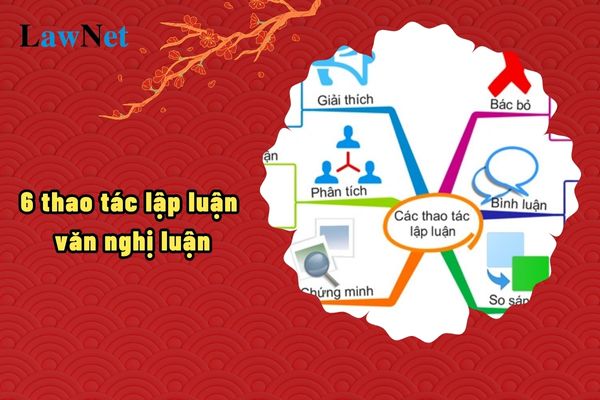
What are the 06 argumentation operations in writing argumentative essays? What are argumentation operations? What is the grade whose Language curriculum includes learning outcomes required for argumentation operations? (Image from the Internet)
What is the grade whose Language curriculum includes learning outcomes required for argumentation operations?
Under Section 4, Annex of the General Education Program for Literature issued together with Circular 32/2018/TT-BGDDT, the required literary competence after completing the 8th-grade Language curriculum is as follows:
REQUIRED LEARNING OUTCOMES
1. Required learning outcomes in Key Qualities and General Competencies
The Literature contributes to the formation and development of essential qualities and general competencies in students according to the levels suitable for the subject and grade as specified in the overall program.
2. Required learning outcomes in specific competencies
...
2.2. Required learning outcomes in the lower secondary school
a) Language Competence
Know how to apply Vietnamese language knowledge together with personal experiences and reasoning abilities to understand texts; know how to read texts according to type; understand both the explicit and implied content of texts.
Recognize and initially know how to analyze, evaluate the content and prominent features of expression in texts; know how to compare one text with another, relate to personal life experiences; thereby having personal views, thoughts, and feelings about life, enriching one's spiritual life.
In Grade 6 and 7: write narrative, descriptive, and expressive essays; initially know how to write argumentative, explanatory, and practical essays. In Grade 8 and 9: write complete narrative, argumentative, and explanatory essays, following the correct steps and incorporating combined expression methods.
Write narrative texts focusing on creatively recounting stories read, witnessed, participated in; imagined stories incorporating descriptive, expressive elements; descriptive texts with a focus on describing activities; expressive texts about scenes, people, and expressing feelings about literary works; know how to write poems, mainly to recognize the characteristics of some familiar poetic forms; write argumentative essays on matters requiring expression of thoughts and personal viewpoints, demanding relatively simple argumentation operations, with easily findable evidence; write explanatory texts on issues familiar to students' lives and knowledge using conventional structures; fill out some sample forms, compile some practical texts like work memos, emails, reports, advertising, and interviews. Write correctly following the process, know how to gather materials to meet the writing requirements; understand intellectual property rights and know how to cite documents.
Present ideas and emotions clearly; have confidence when speaking in front of many people; use appropriate language, gestures when speaking; recount coherently stories heard, read; share personal feelings, attitudes, experiences, ideas about spoken subjects; discuss opinions on issues read or heard; explain a subject or process; know how to speak appropriately with purpose, audience, and context; know how to use images, symbols, charts,... to present issues effectively.
Listen understandingly and summarizing content; recognize and initially evaluate the arguments and evidence used by the speaker; recognize the speaker's emotions; know how to respond effectively to what has been heard.
Therefore, according to the regulation, the learning outcomes required for argumentation operations will be in the 8th-grade and 9th-grade Language curricula.
What is the duration for educational content in the 8th-grade Language curriculum in Vietnam?
Under Section 8, Annex of the General Education Program for Literature issued together with Circular 32/2018/TT-BGDDT, the required literary competence after completing the 8th-grade Language curriculum is as follows:
EXPLANATION AND INSTRUCTIONS FOR PROGRAM IMPLEMENTATION
1. Definitions
...
2. Program Duration
...
b) Duration for Educational Content
The duration for educational content is proactively arranged by textbook authors and teachers based on the required learning outcomes for each class and actual teaching conditions. However, the following components must ensure a reasonable ratio:
- Between knowledge provision and skill training (focus on practical skill training and application).
- Between types of reading, writing, speaking, and listening texts (allocating more time for reading literary texts).
- Between reading, writing, speaking, and listening skills (allocating more time for reading skills training); specifically, the time ratio for skills in each class is as follows:
Therefore, the duration for educational content in the 8th-grade Language curriculum in Vietnam will be approximately 53% for reading; 22% for writing; 10% for speaking and listening, and about 5% for periodic assessment.
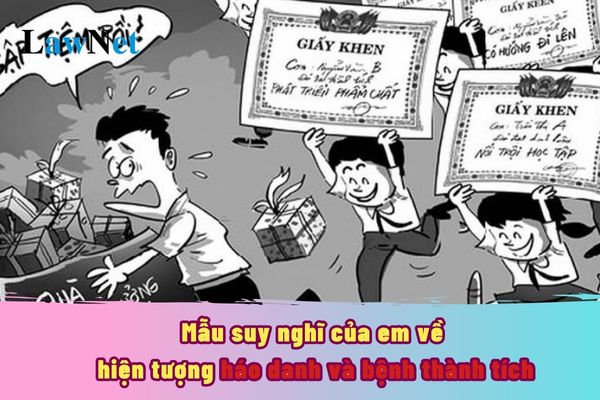
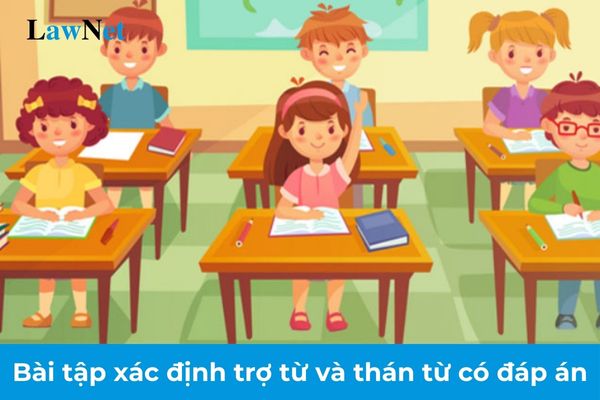



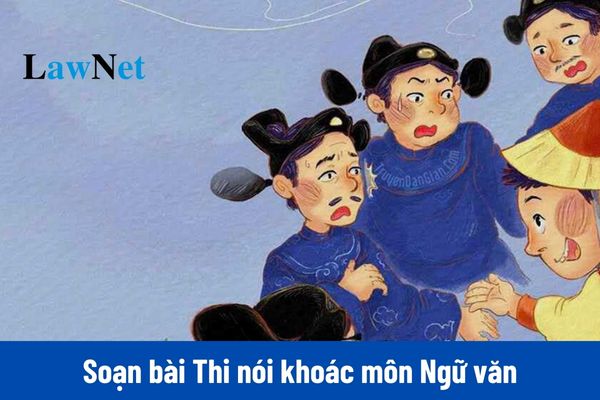



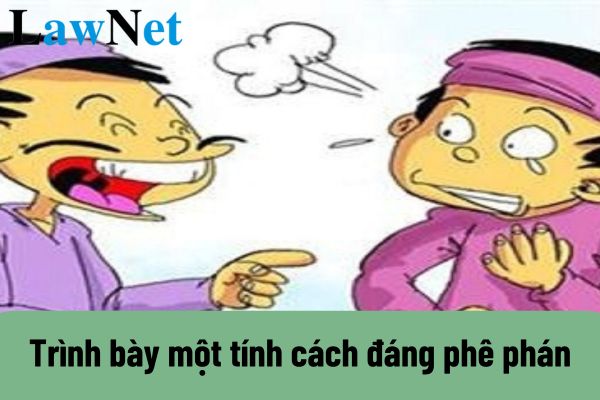
- Regulations of the 2nd National Beautiful Vietnamese Handwriting Contest in 2024
- What is the structure of the Thinking Skills Assessment (TSA) examination in 2025 in Vietnam?
- When did Ho Chi Minh Campaign end? What are the perspectives on constructing the general educational curriculum for lower secondary education in the subject of History and Geography in Vietnam?
- Guidelines on registering for a Violympic account for the 2024 - 2025 academic year for students in Vietnam
- Illustrative questions for the scientific/problem-solving thinking of the Thinking Skills Assessment (TSA) in 2025 in Vietnam
- Compilation of reading comprehension questions for the Thinking Skills Assessment (TSA) in 2025 in Vietnam
- What are 9 prohibited acts during the enforcement of Martial Law in Vietnam? Are students in Vietnam responsible for understanding the Law?
- What is the IOE Exam? What are instructions for registering for the IOE Exam on the Internet for general education students in Vietnam?
- Vietnam: What is the school-level Violympic competition schedule for the 2024 - 2025 academic year? How many days are left until the competition?
- How many Army Corps does the People's Army of Vietnam currently have?


